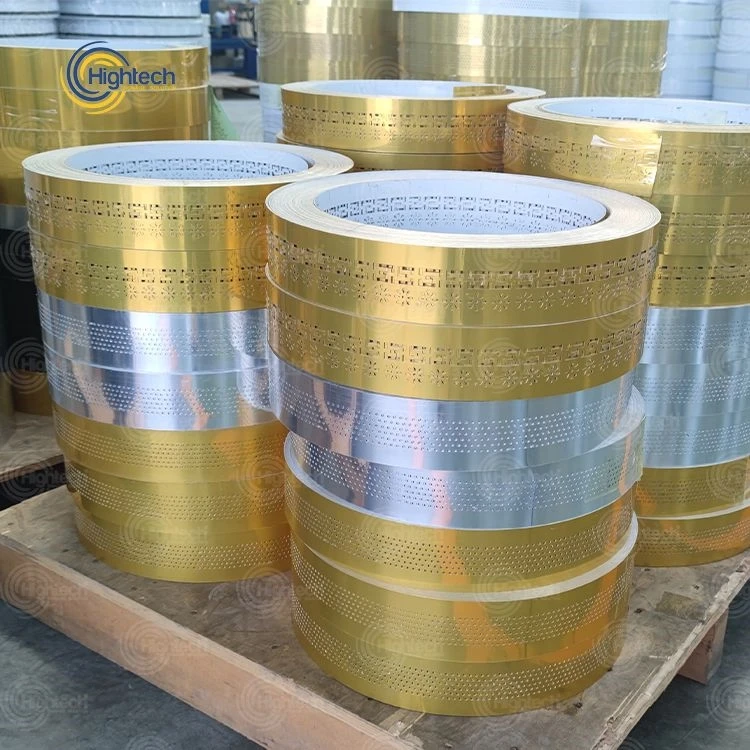Shower Seal Strip Provider for High-Quality Waterproof Solutions and Reliable Performance
Nov . 09, 2024 08:26 Back to list
Shower Seal Strip Provider for High-Quality Waterproof Solutions and Reliable Performance
The Importance of Quality Shower Sealing Strips A Supplier's Perspective
In today’s modern bathroom design, shower sealing strips serve a crucial role that goes beyond aesthetics. These simple yet essential components are designed to prevent water leakage, ensuring that your bathroom remains dry and free from the dreaded water damage. As a supplier of shower sealing strips, we understand the importance of offering high-quality products that meet the needs of both consumers and contractors. This article delves into the benefits of using quality shower sealing strips, the types available, and how to choose the right supplier for your needs.
Why Quality Matters
Water damage can lead to costly repairs, mold growth, and a compromised living environment. This is why investing in high-quality shower sealing strips is essential. When selecting sealing strips, consumers may often overlook the potential long-term implications of their choices. Quality sealing strips not only prevent water from seeping out of the shower enclosure but also contribute to increased safety, reduced maintenance, and enhanced durability.
When choosing a sealing strip, consider material quality. Silicone and rubber are common materials that offer flexibility and waterproofing. High-quality silicone strips are particularly renowned for their ability to maintain their shape and sealing properties over time, resisting wear and exposure to heat and humidity. Choosing a reliable supplier ensures that you receive products made from durable materials that can withstand the rigors of a bathroom environment.
Types of Shower Sealing Strips
There is a variety of shower sealing strips available, and each type serves a particular function. Here is an overview of the most common kinds
1. Flat Sealing Strips These are versatile and can be used on various surfaces. They create a barrier between the shower door and the wall, minimizing the risk of water escaping.
2. U-Shaped Sealing Strips Designed to fit over the edges of tempered glass shower doors, these strips provide a snug fit that prevents leaks while allowing for easy door movement.
3. Magnetic Sealing Strips These strips work great for frameless glass doors. They ensure a tight seal by using magnets to hold the door in place when closed.
4. Flexible Sealing Strips These are ideal for irregular surfaces as they can bend to fit the shape of the space. They are particularly useful in older homes where surfaces may not be perfectly level.
shower sealing strip supplier

Choosing the right type of sealing strip is essential for achieving an effective water barrier. Each type has its unique benefits, and understanding these can help you make an informed decision.
Finding the Right Supplier
When it comes to sourcing shower sealing strips, not all suppliers are created equal. Here are some tips for finding a supplier who can meet your needs
1. Product Quality Look for suppliers that prioritize quality over quantity. Established suppliers often have a reputation for providing products that meet stringent quality standards.
2. Variety of Options A good supplier should offer a wide range of sealing strips to cater to different needs. This variety ensures that you find the right fit for your project without compromising on material quality.
3. Customer Reviews Investigate customer feedback to gauge supplier reliability. Positive reviews can be a good indicator of product quality and customer service.
4. Affordability While quality is critical, it’s also important to find a supplier that offers competitive pricing. Compare prices but don’t compromise on quality for the sake of cost.
5. Excellent Customer Support A responsive and knowledgeable customer service team can make a significant difference, especially when you have questions or need guidance on the best product for your requirements.
Conclusion
In summary, shower sealing strips are an often-overlooked component of bathroom design but play an essential role in maintaining a functional and safe environment. By choosing quality products from a reliable supplier, consumers and contractors can ensure effective water management, thus safeguarding their bathrooms from potential water damage. Whether you're renovating a bathroom or simply replacing worn-out strips, understanding the critical factors of quality and supplier reliability will enable you to make informed decisions that enhance the longevity and functionality of your bathroom.
-
Premium Car Trim Strip - Top Car Moulding Trim Strip Exporters & 3 Car Moldings Manufacturers
NewsJul.08,2025
-
High-Quality Sponge Seal Solutions Leading Sponge Door Seal Manufacturer & Service
NewsJul.08,2025
-
U Shape Chrome Trim Strip Manufacturer & Exporter High-Quality Factory Products
NewsJul.07,2025
-
High-Quality LED Neon Light Supplier – Flexible & Color Changing Neon Strip Lights for Versatile Applications
NewsJul.07,2025
-
High-Quality White Transparent Silicone Strip Reliable Exporter & Factory Price
NewsJul.07,2025
-
Premium U Shape Chrome Trim Strip – Reliable Factory & Exporter for Automotive & Home Décor
NewsJul.06,2025
